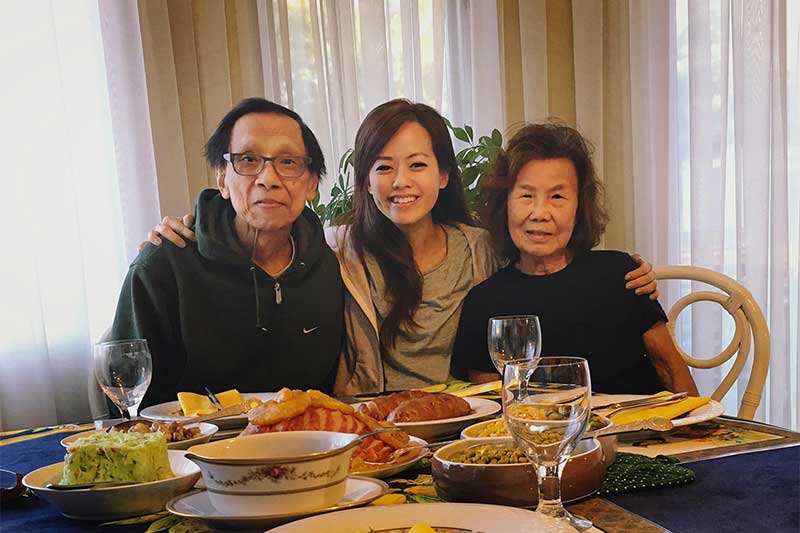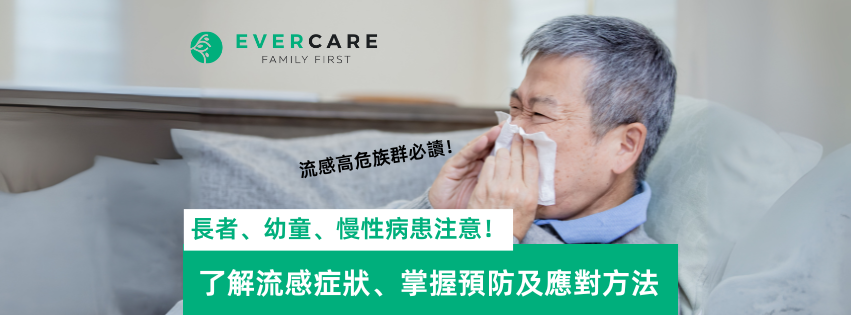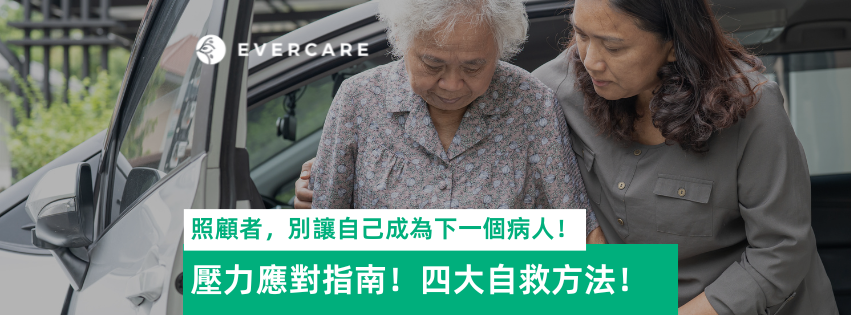Stephanie was at the prime of her career when she put it on hold to care for her granduncle with cancer, who only had six months left to live. She shares with us the rewards and hardships of caregiving, and the inevitable sense of futility that comes with the role.
In the summer of 2016, Stephanie, a young and ambitious finance professional, received an email that would derail her life: her beloved granduncle, Ed, had decided to forego chemotherapy after three years of battling pancreatic cancer – the doctors had given him six months to live.
“We were devastated,” says Stephanie. The news was difficult to digest. Despite being thousands of miles away and a generation apart, Stephanie and her granduncle, who migrated to Toronto in his 20s, shared a close relationship. “Over the years, my granduncle and aunt had considered both my mom and me as their own daughters,” says the 32-year-old Singaporean. Now, it was her turn to be there for them. Within a month of receiving the email, she quit her full-time job at Citibank and bought a plane ticket to Canada to tend to her granduncle during his final days. “I am still not sure what compelled me to do this,” she says, but she knew it was a decision she wouldn’t regret.
“When I first walked into the house and greeted my granduncle, he was in such disbelief that he started crying and hugging me,” says Stephanie, revisiting the evening that has now become one of her most cherished memories. “At that moment, I knew my presence showed him how much I cared for and loved him.”
With the goal to provide the best support for her granduncle, Stephanie embarked on her new role. Soon, the realities of caregiving started to hit home. Her days were overwhelmed with errands and unfamiliar duties: from picking up prescriptions, shopping for daily necessities, coordinating care, to maintaining the household. Thrusted into her caregiving role, Stephanie took time to get the lay of the land, but often felt inadequate. “I had not dealt with a loved one with cancer before, and there were a lot of terminologies I did not know and symptoms I could not recognise,” she says in retrospect.
As Stephanie’s granduncle condition deteriorated, her caregiving duties became more mentally taxing. “By the time I moved in with my granduncle, he did not have much energy and was often moody and quiet. It was emotionally challenging to be in that environment 24/7, and having to be positive and energetic,” she says.
Watching the person she cared for slowly weaken and become increasingly frail was excruciating. Perhaps most palpable, however, was the pervasive sense of futility. “I did not know what to say or do to be encouraging and helpful,” she says. Under those circumstances, saying anything could ring hollow. “Sometimes I had to settle for just sitting next to my granduncle as he watched television or read, and just made sure he had sufficient rest and fluids. At times, I’d question why I was even there.”
When the profound fatigue and cascade of negative emotions became too much to handle, Stephanie turned to meditation and exercise for refuge. When the weight of her duty got stifling, She sought solace in writing, and sharing her caregiving journey with her close network of friends who she used as her own support system. For her, these rituals helped her build confidence and resilience.
“A huge part of caregiving was to provide emotional and mental support; a lot of energy was spent making sure my granduncle remained in good spirits, and to help him deal with negativity on bad days,” she explains, “it was imperative for me to stay positive and healthy so I could serve my role as a caregiver to the best of my ability.” As she sees it, self-care is not only essential to a caregiver’s own health, well-being, and sanity, but also vital for the well-being of the patient.
Three years on, Stephanie looks back at her caregiving experience with fondness and gratitude. “It brought me closer to my granduncle during his final days and showed me the importance of family. I had the opportunity to spend quality time with my loved ones, and even celebrate my granduncle’s last Thanksgiving together,” she reflects. “I came to accept that the world goes on without you – career, friends, life – but they will still be there when you are ready to go back to it. I was fortunate to be in a situation where I could spend uninterrupted time with my loved one without worrying about any other financial burdens, and I am glad I took it.”
其他話題 Other Topics
最新的文章 Latest Posts

喜歡我們的文章嗎?
超過3,000位照顧者已經訂閱我們的資訊!訂閱我們的資訊,你可獲得免費護理工具、專家護理知識和同路人分享。立即訂閱,也可以隨時取消。請在此填寫你的姓名和電郵地址:


